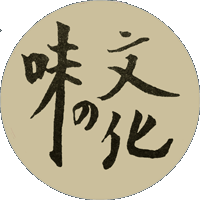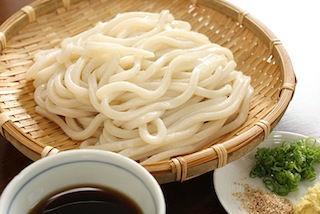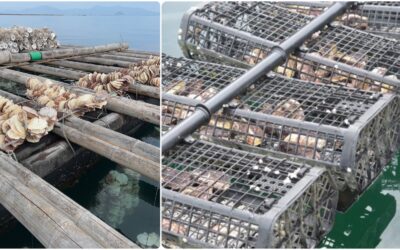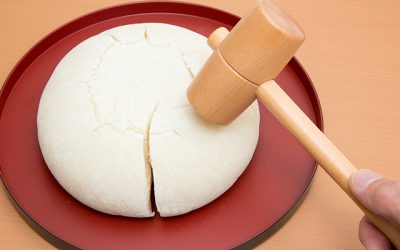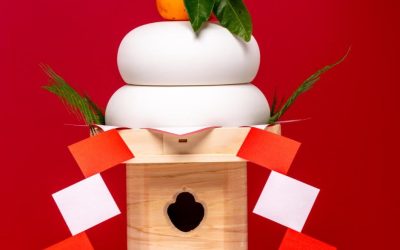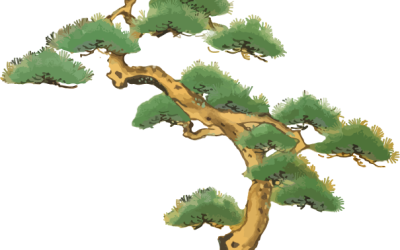
This PROJECT is about making foods that are refreshing and restorative when the weather is oppressively hot and humid.
Mouth-puckering UMÉBOSHI have long been touted as a way of ensuring food safety on hot days because of their anti-bacterial properties.
Members of the URI family (Cucurbitaceae or cucurbits) such as cucumbers (kyuuri) quench thirst and restore mineral balance (especially potassium and magnesium) depleted by sweating.
Thick, chewy UDON noodles provide the energy you need to function (your body turns noodle carbs into ready-for-action glucose).
To jump-start your kitchen project, here are some recipes for UMÉBOSHI, UDON and URI (cucumbers). Enjoy these dishes that help you beat-the-heat.
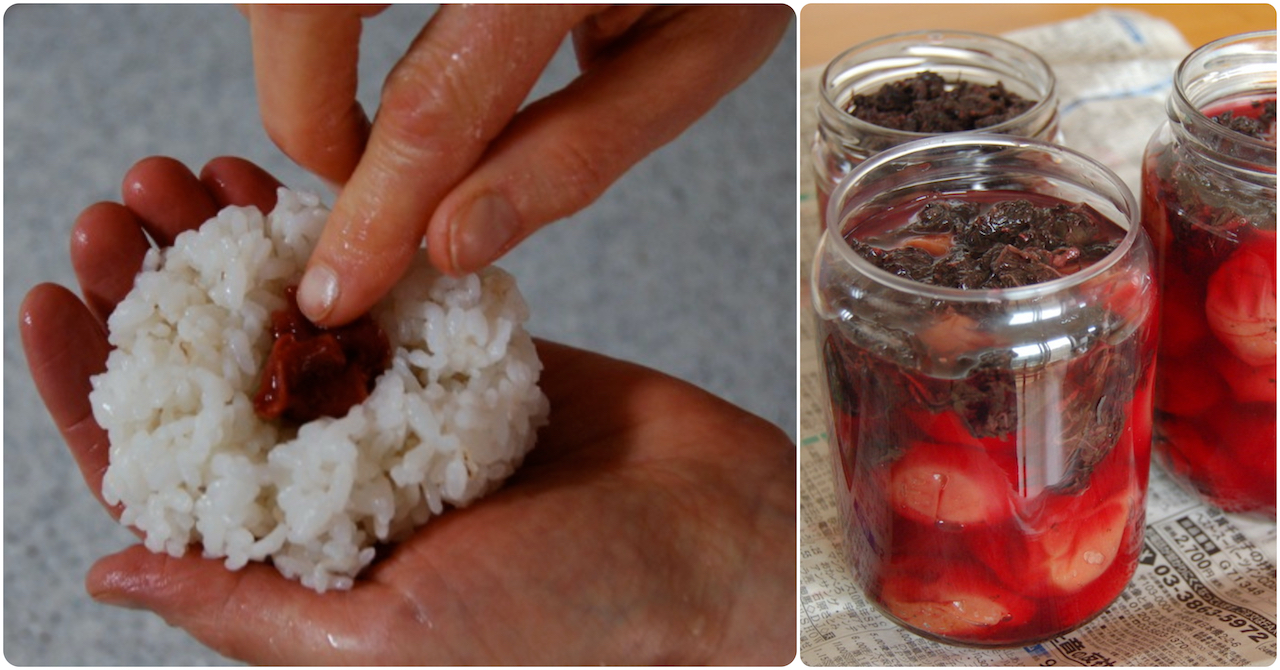
Uméboshi
梅干し Uméboshi
Here is a GUIDE to making your own mouth-puckering pickled plums… and follow these instructions to make your own plum-filled omusubi.
UDON noodles
Serve your noodles DIPPING-STYLE (tsuké-jiru) with condiments. Make a classic dipping sauce with umami essence (a vegan version is available, too) and adjust intensity of flavor with stock (either Standard Sea Stock or Kelp-Alone Stock).
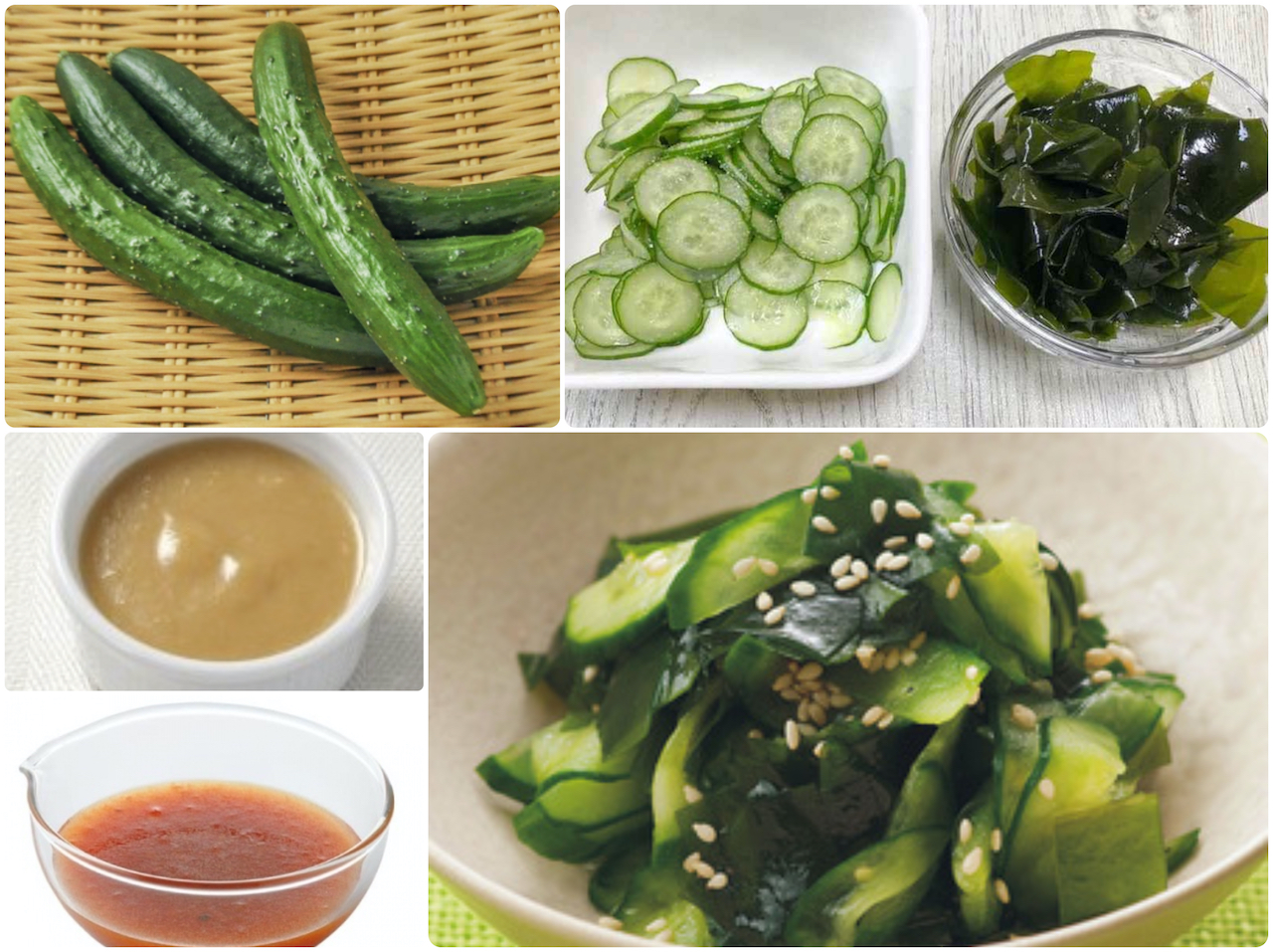
Cucumbers
胡瓜 (きゅうり)kyuuri
Cucumbers quench thirst and help restore mineral balance (especially potassium and magnesium) depleted by sweating.
Enjoy this Smashed Cucumber dish… or make a cucumber and wakamé salad dressed with a tart miso mustard sauce… or drizzed with plum dressing.
To learn more about eating to beat-the-heat
visit my Kitchen Culture blog and read my August, 2024 newsletter.
